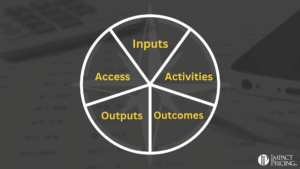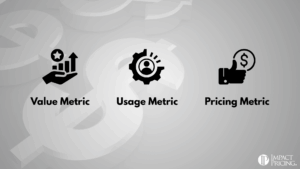You can listen to the full audio version of this blog we call — Blogcast.
You’ve probably heard of the 5 why’s. It’s a technique used to get to the deeper issues. Here’s an example:
Prospect: “I want to buy a new car”
Sales: “Why?”
Prospect: “My current car isn’t reliable.”
Sales: “Why does that matter?”
Prospect: “Sometimes my car breaks down while I’m driving to work, which makes me late.”
Sales: “Why is that an issue?”
Prospect: “If I’m late 1 more time, I’ll lose my job.”
Sales: “Why is that important?”
Prospect: “Without a job, I couldn’t feed my family.”
Sales: “They will probably find a way to eat. Why does this matter?”
Prospect: “Because I would feel like a failure if I didn’t provide for my family.”
Sales: “Oh, so you want to buy a car so you don’t have to feel like a failure.”
Yes, this is a little ridiculous, but we can all relate to it, and it will help with the next step, the 5 hows. Notice that the “why” questions take us to deeper and bigger issues. We can use the “how” question to bring us back to focus.
Imagine the conversation going this way.
Prospect: “I would feel like a failure if I didn’t provide for my family.”
Sales: “How can you feel more successful”
Prospect: “By having a job.”
Sales: “How do you keep your job?”
Prospect: “By getting to work on time.”
Sales: “How can you get to work on time?”
Prospect: “By having a car that’s reliable.”
Sales: “How will you do that?”
Prospect: “By buying a new car.”
Let’s be honest. This ”how” conversation will never happen, but it demonstrates a key point. If you think of levels of problems, “why” questions get us to bigger picture items while “how” questions narrow the focus.
This matters to you because if you’re in marketing, sales, or even pricing, you want to understand the level of the problem that most resonates with your buyers. Nobody will ever walk into a car dealership and say, “I would feel like a failure if I can’t provide for my family.” But I can imagine someone saying, “My car isn’t reliable enough.” That resonates. Then, a good salesperson might ask the next “why” question, “what problems is this causing?”
If you want to win deals at higher prices, you have to understand the buyer’s problems. But there are many levels of problems, so you’re looking for the right one. Why questions find deeper problems. How questions narrow the range of solutions.
How do you use “how” questions?
Share your comments on the LinkedIn post.
Now, go make an impact!
 Tags: price, sales
Tags: price, sales













